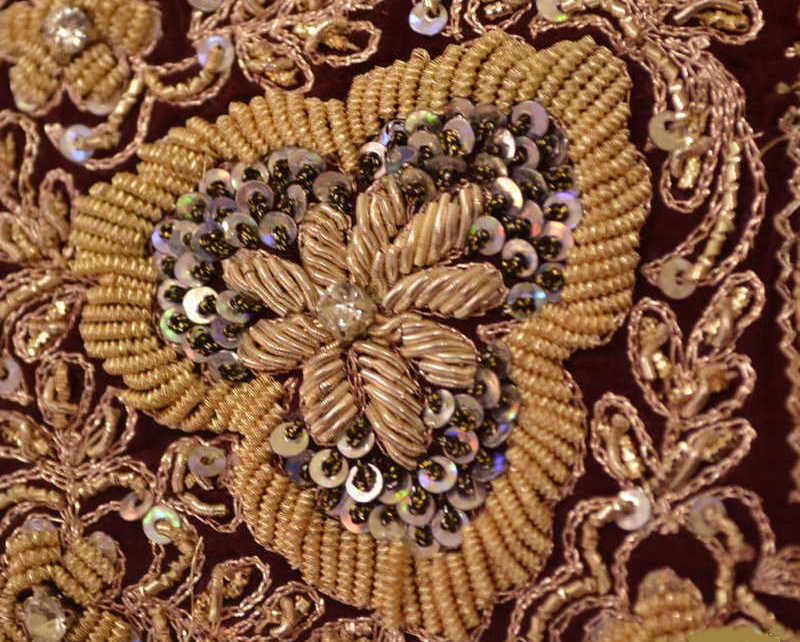===
0546,
3
===

=== |
 |
tah: 'Ground; site; floor; surface; bottom, underneath; foundation; depth; layer, stratum'. (Platts p.345)
FWP:
SETS == NEIGHBORS
MOTIFS == CLOTHING/NAKEDNESS
NAMES
TERMS == DRAMATICNESS; THEMEThe speaker seems to be a mad lover himself, as SRF notes, since he considers the opposite of nakedness to be not clothing but a veil of dust. Is the speaker addressing himself, or coaxing some other mad lover, or speaking (possibly to himself) respectfully about some third party who is also a mad lover? Since the subject is never given, and the plural verb can work in all three ways, I don't see how we can tell. It makes a difference in how we imagine the setting of the verse, but not particularly in the real effect of the verse itself.
The tone seems to be sympathetic and concerned, in which case the verse becomes a kind of parody of the 'neighbor' verses that are a specialty of Mir's. Or, as SRF observes, it can express impatience and vexation about one's own state as a wanderer.
It's an excellent touch that the opposite of constantly running around is envisioned not just as sitting, but as sitting so long and so fixedly that a layer of dust comes to cover the body. To go from one extreme to the other-- how else would the mad lover behave?
Note for grammar fans: Even if we take him as singular, the madman is referred to in the first line with the plural of respect ( phireñ ); but in the second line we find what looks like a singular form of the future subjunctive ( baiṭhe ). So we have to take the latter form as a plural perfect, idiomatically used as a subjunctive.